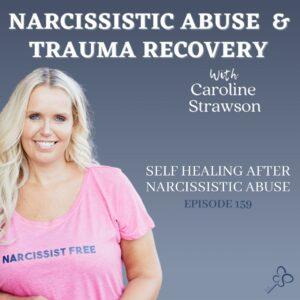Intro
In this episode of Science Vs, titled “Sex Drive: The Dirrrrrrty Science,” host Wendy Zukerman dives into the world of libido and explores the factors that can impact our sex drive. From genetics to hormones and relationship issues, she uncovers the science behind what makes us tick in the bedroom.
Main Takeaways
The Role of Genetics and Environmental Factors
- Genetics and environmental factors like stress and relationship issues can influence sex drive.
- Communication and experimentation with sexual preferences can help improve sex drive.
- Sex drive is about how much sexy stuff you’re wanting, not how much sex you’re actually having.
- Many things can impact sex drive, such as medication, stress, and having children.
The Complexities of Hormones and Libido
- Hacking hormones, particularly testosterone, won’t necessarily boost libido for most people.
- Testosterone may help men with clinically low levels or postmenopausal women and trans women with low libido.
- Kisspeptin, a hormone discovered in 1996, plays a role in understanding libido.
- Kisspeptin injections have shown potential in increasing arousal levels while watching porn.
Exploring Libido Boosters
- Maca, a root vegetable grown in Peru, has shown potential in increasing libido.
- Placebo effect may play a role in the effectiveness of libido boosters.
- Sexual enhancement supplements targeted for men have been found to be laced with Viagra.
- FDA-approved medications for low libido in women have been underwhelming and come with side effects.
- Cannabis or CBD use before sex can improve the sexual experience for some women.
Relationship Dynamics and Desire Discrepancy
- Desire discrepancy, when one partner wants more sex than the other, can cause tension in relationships.
- Couples who share household chores equally tend to have sex more often.
- Resentment and inequality in a relationship can affect sex drive.
- Great communication and being in sync can boost a couple’s sex life.
The Female Orgasm and Cultural Stigma
- The clitoris plays a crucial role in female pleasure and orgasm.
- The idea that vaginal orgasms are superior to clitoral orgasms is a myth.
- Social and cultural stigma surrounding female pleasure and sexuality has contributed to a lack of understanding and research in this area.
Summary
Genetics, Hormones, and Libido
Sex drive is influenced by a combination of genetics and environmental factors, such as stress and relationship issues. While hormones like testosterone play a role in libido, simply boosting testosterone won’t necessarily increase sex drive for most people. Kisspeptin, a hormone discovered in 1996, shows promise in understanding and potentially enhancing libido. Libido boosters like Maca and sexual enhancement supplements can have varying effects, influenced by factors like the placebo effect and hidden ingredients like Viagra. Additionally, FDA-approved medications for low libido in women have been underwhelming and come with side effects. Cannabis or CBD use before sex may improve the sexual experience for some women.
Relationship Dynamics and Desire Discrepancy
Desire discrepancy, when one partner wants more sex than the other, can create tension in relationships. However, couples who share household chores equally tend to have a more active sex life. Resentment and inequality within a relationship can negatively impact sex drive. On the other hand, great communication and being in sync can significantly boost a couple’s sex life.
The Female Orgasm and Cultural Stigma
The clitoris plays a crucial role in female pleasure and orgasm, debunking the myth that vaginal orgasms are superior. Unfortunately, social and cultural stigma surrounding female pleasure and sexuality have hindered understanding and research in this area.
Conclusion
Understanding sex drive and libido is a complex journey influenced by genetics, hormones, environmental factors, and relationship dynamics. While there are various methods and substances marketed as libido boosters, their effectiveness can vary, and some may come with unwanted side effects. Open communication, experimentation, and a deep understanding of one’s own body and desires are key to a fulfilling and satisfying sex life.
